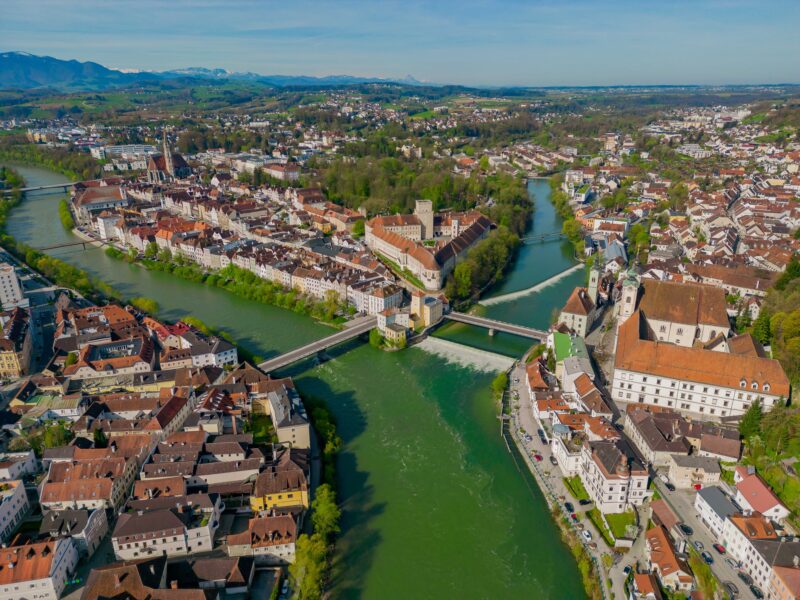
EU-Mercosur and Climate Protection
Based on a study commissioned by the Federal Ministry for Digital and Economic Affairs, Julia Grübler and Oliver Reiter from the Vienna Institute for International Economic Studies (wiiw) and WIFO economist Franz Sinabell shed light on the integrated goals of sustainable development, environmental and worker protection and human rights in a current monthly report.
The two economic areas partly pursue different objectives. The Mercosur countries (Argentina, Brazil, Paraguay, Uruguay) want above all to get better access in agricultural markets of the EU. The EU countries, on the other hand, primarily aim to facilitate market access for industrial goods. The common interest of both economic areas lies in the reduction of investment barriers, mutual access to public procurement and to boost economic growth. According to the text of the agreement, the EU and Mercosur countries want to strengthen the rights of workers and indigenous peoples and pursue environmental goals together.
In recent years, Austria's trade in goods and services has shown a slight export surplus over the Mercosur countries, while the EU as a whole imports more goods than it exports. The targeted reduction of trade barriers will somewhat strengthen economic growth in both regions, as calculations by the wiiw in a joint study with WIFO show. Remarkably, the benefits are roughly the same in both economic areas, at around 27 € per capita. Trade facilitation could increase the value added by this amount in each region. For some EU countries, this amount appears very small in relation to the gross domestic product per capita. Measured against the average incomes in South America, however, it is considerable. The study by wiiw and WIFO did not examine how these benefits are distributed. In any case, it is undisputed that broad acceptance of the Association Agreement is only conceivable if these benefits are actually felt by a large share of the population.
The agreement gives broad scope to environmental issues, aspects of sustainable development, and the protection of workers and the indigenous population. Such issues play no role at all in the already existing free trade agreement between the EU and Mexico, for example. In comparison, the planned agreement with Mercosur is a significant approximation to the standards and values in the EU. The existing EU standards – for example in areas such as food quality and safety – will remain untouched by the EU-Mercosur agreement. Experience from other agreements has shown that standards of the Common European Market are gaining international acceptance.
The most frequent public criticism of the EU's agreement with the Mercosur countries is that it does not prevent the deterioration of the state of the environment, especially the clearing of primeval forests in the Amazon region. In fact, there is a governance problem in that national protection regulations are currently not sufficiently enforced. However, it is difficult to implement them through international trade agreements, as international agreements for the protection of forest resources and biodiversity already exist. Nevertheless, the EU Commission is making efforts to better protect primeval forests by strengthening the binding nature of the provisions in the association agreement, especially in the sections on sustainability. Since 1 August 2020, Denis Rodennet, Deputy Director General of DG Trade, has been responsible for implementing and enforcing commitments to sustainable development, particularly in the areas of climate protection and workers' rights.
The climate crisis is without doubt one of the greatest challenges of our time. The Association Agreement between Mercosur countries and the EU can be used as an instrument to support initiatives such as the Green Deal and the UN sustainable development goals. This will strengthen international cooperation in these critical areas. Without the provisions of the agreement, this is likely to be much more difficult to achieve.
























